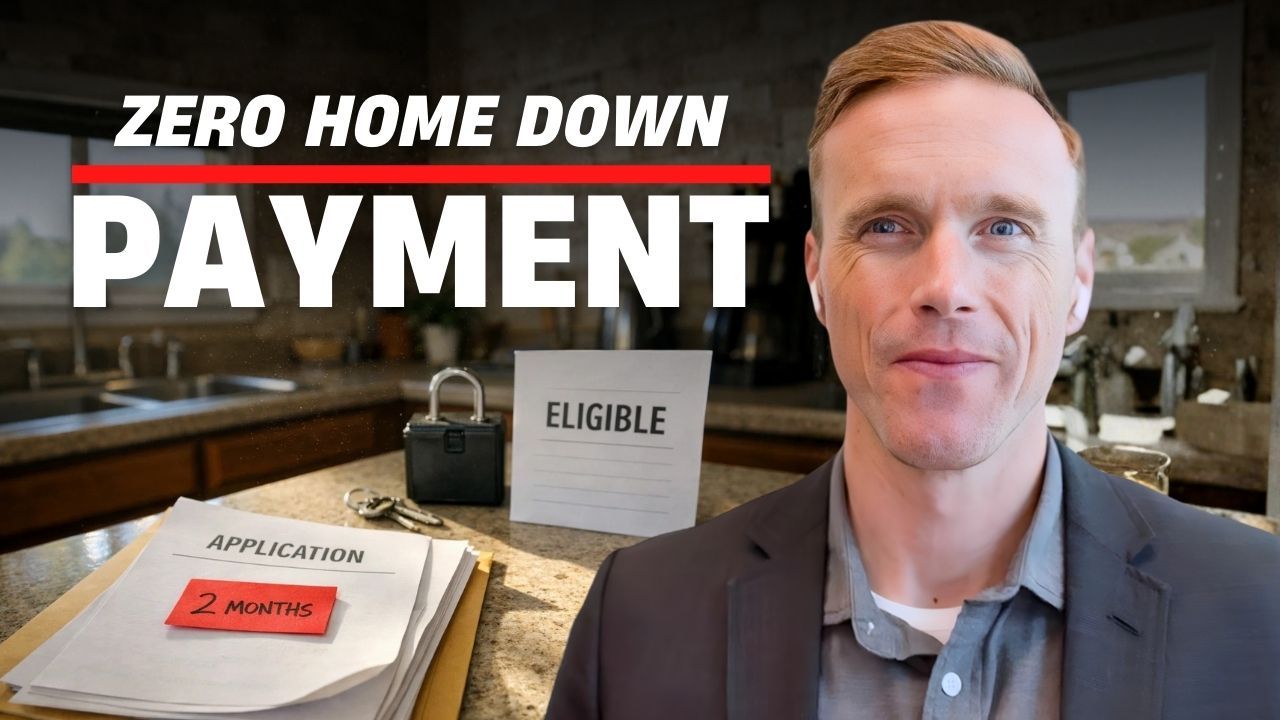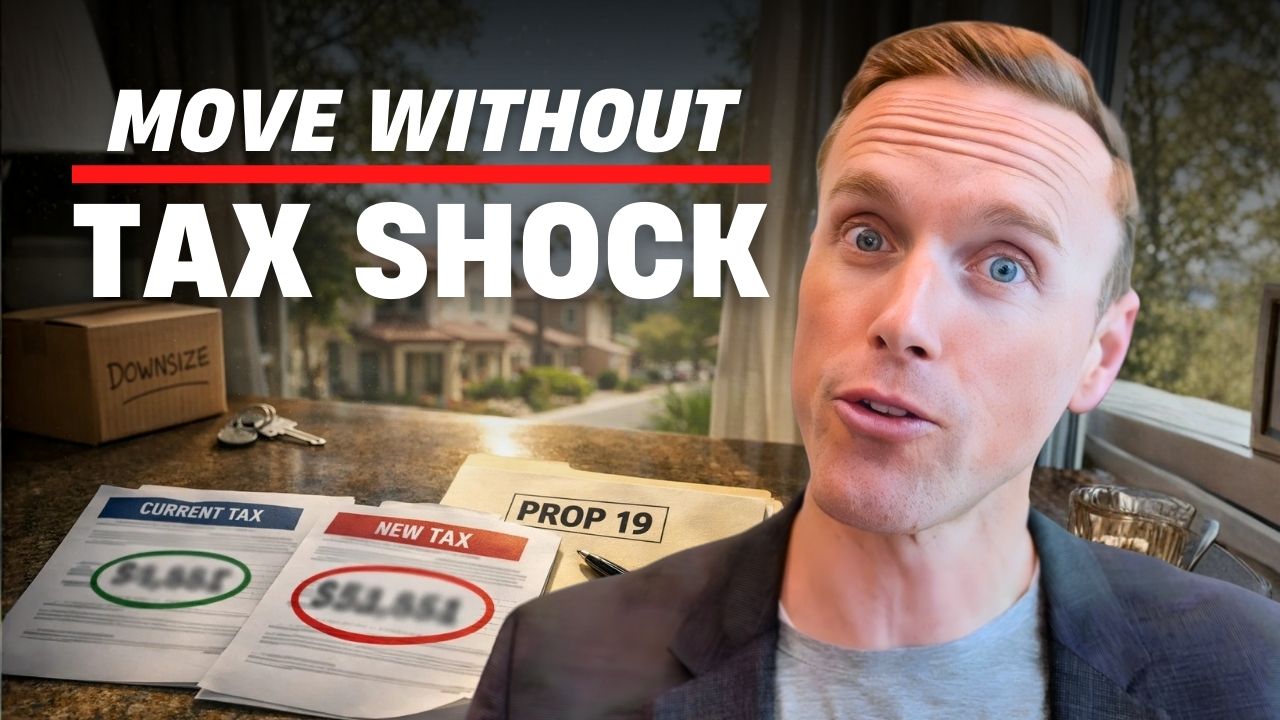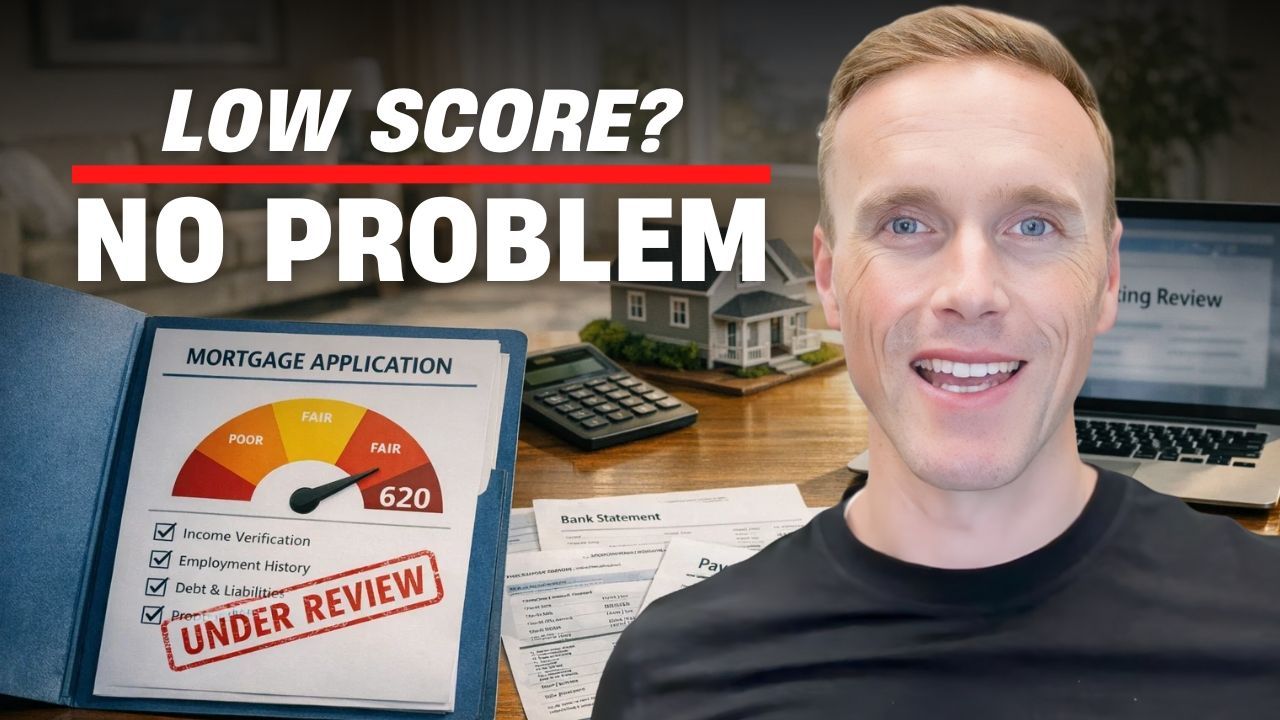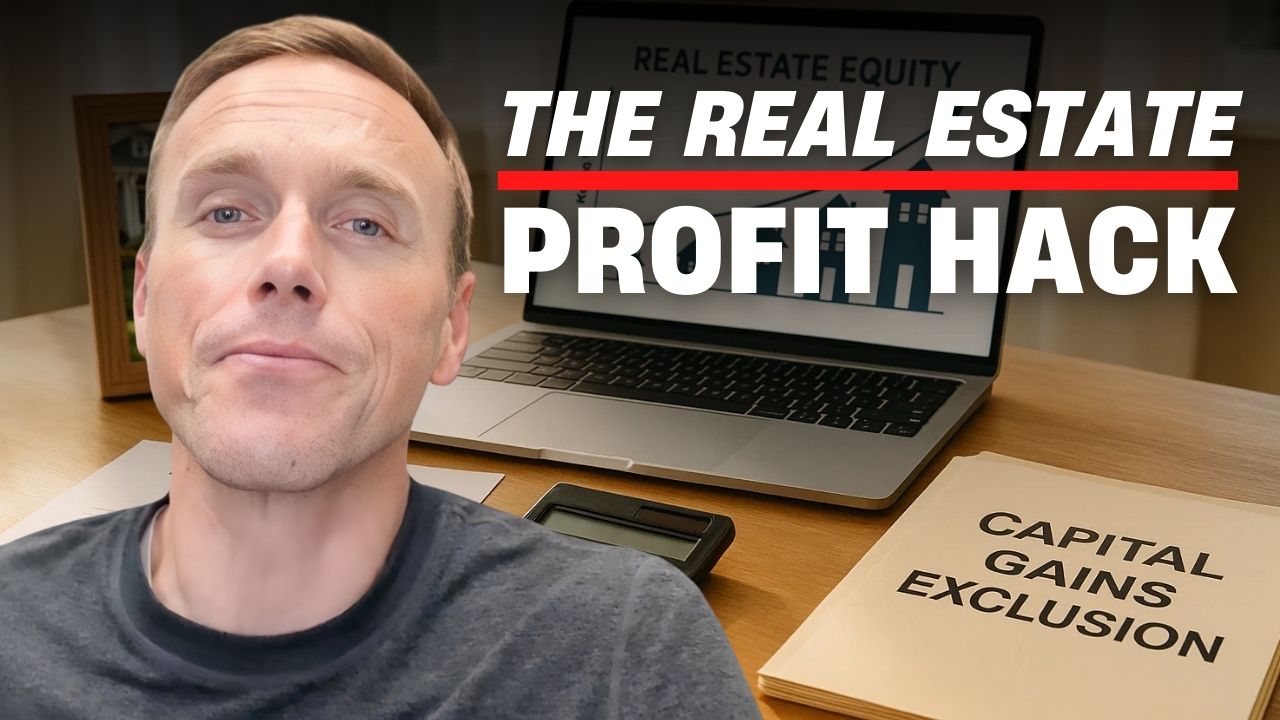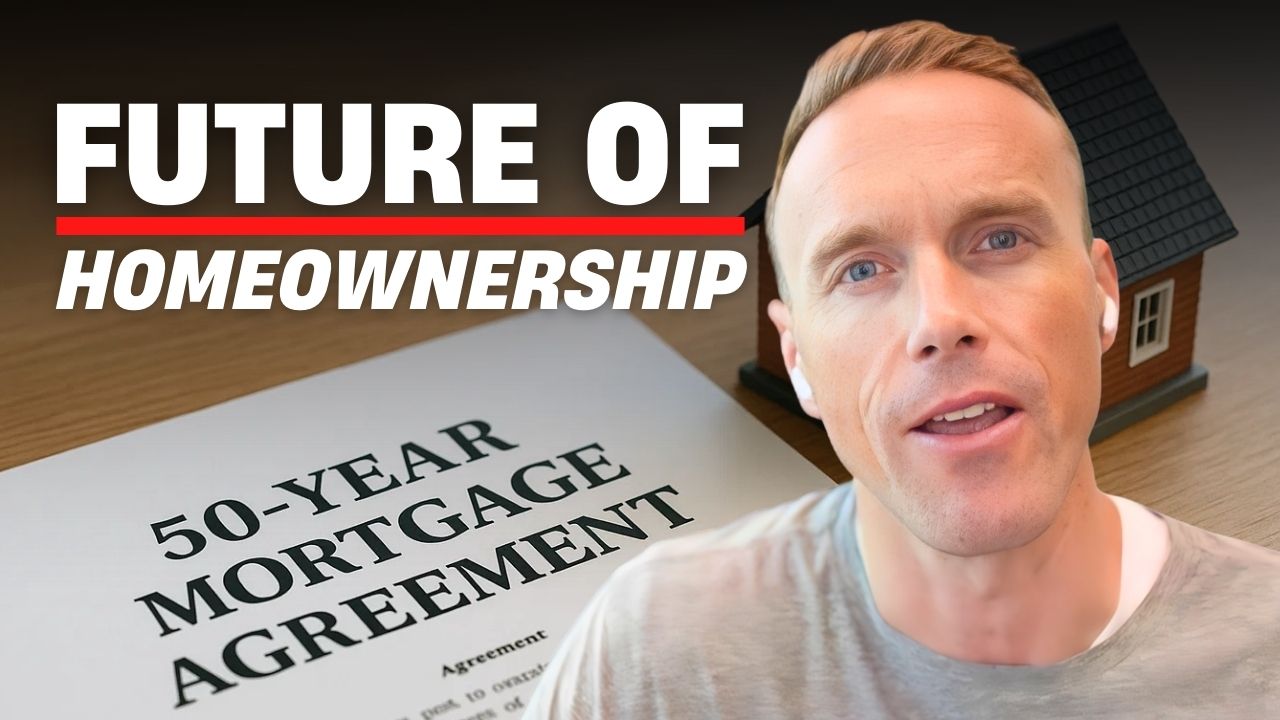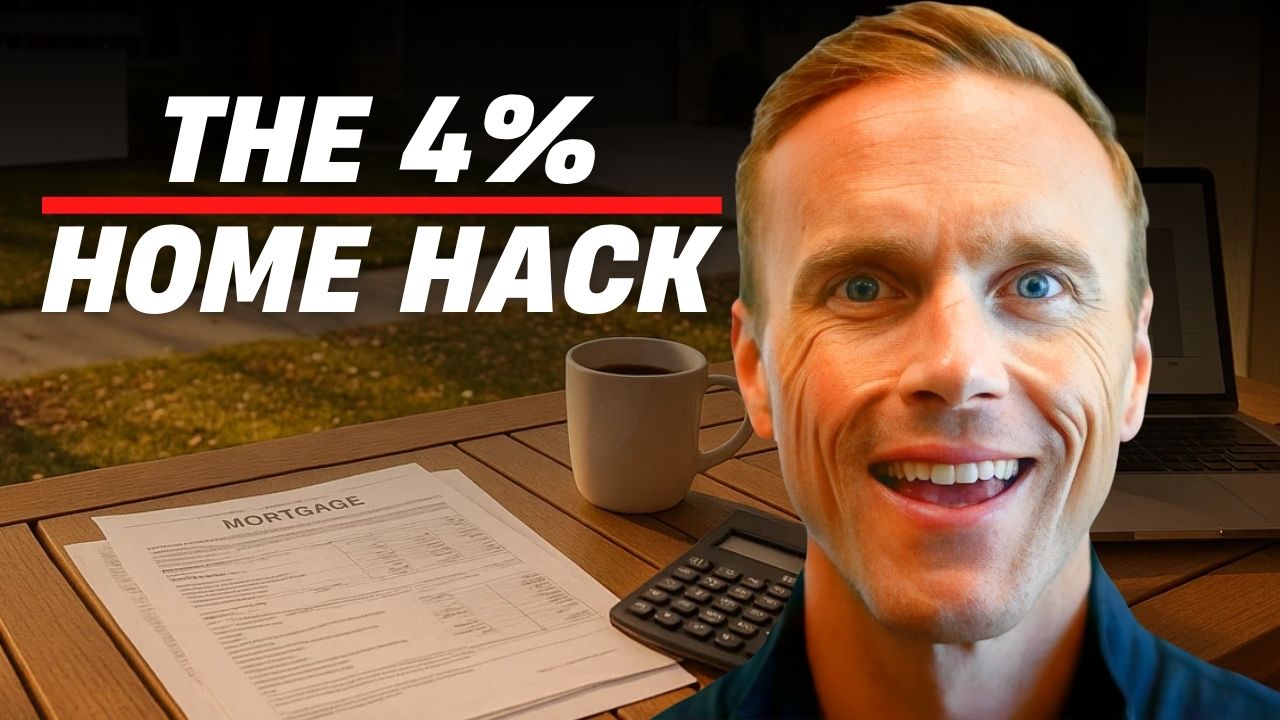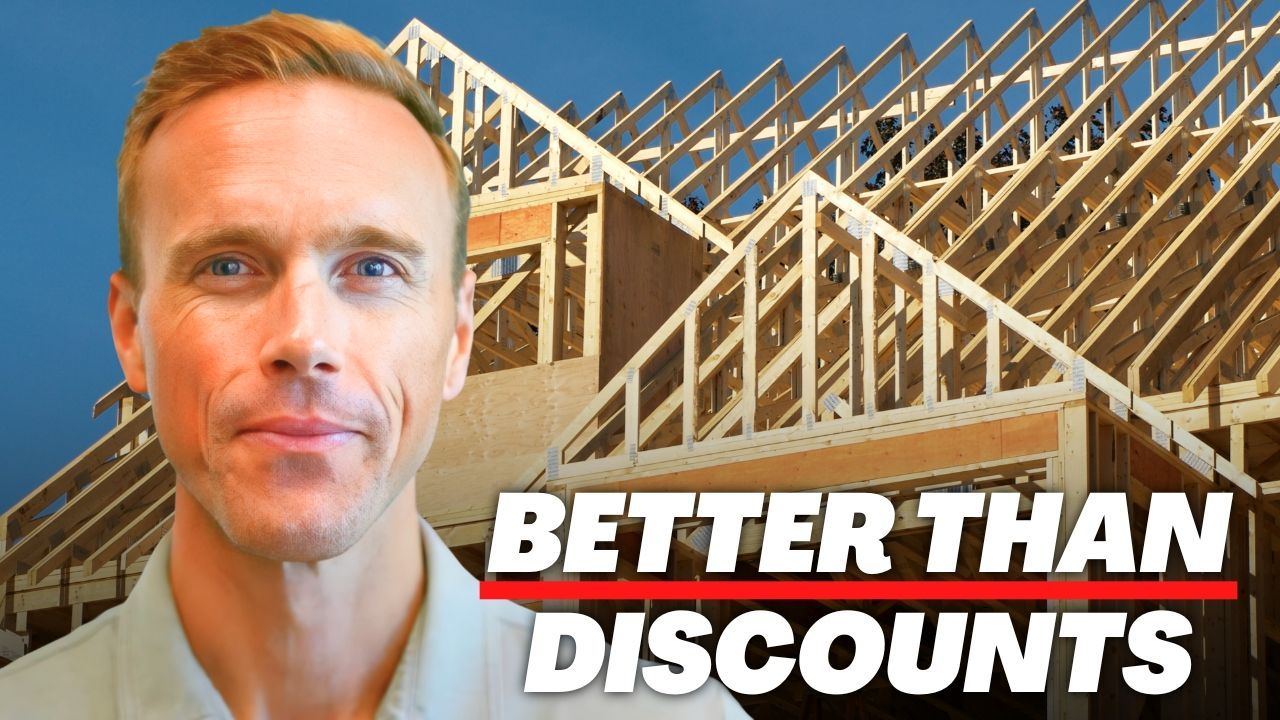10 Steps To Selling Your Home
Steve LaMothe breaks down the 10 steps to Prepare and sell your home

1. Identify your motivation for selling
Spend some time exploring your reasons for selling. The process can be arduous and expensive, so make sure you’re certain you want to sell before you get too far into it.
Address finances: Call your current loan servicer to discuss your remaining mortgage balance. It’s your first step toward understanding how much equity you’ll have when you sell. Knowing this figure can help you budget for improvements you’ll need to make before listing or help you plan for your future home purchase.
Make a list of nonnegotiables: Jot down your must-haves and deal breakers. What’s your time frame to move? What’s your budget for pre-listing home improvements? What’s the minimum sale price you will accept?
2. Research the best time to sell in your area
Understanding the state of your local real estate market — including whether you’re in a buyers or sellers market — can help you identify the best time to sell. If you have flexibility in your timing, you might consider waiting for a sellers market, which occurs when there are more buyers searching for homes than there are homes available. It gives sellers the negotiation power and can drive up prices.
Traditionally, the best time of year to sell your home, both to maximize your profits and to minimize time on market, has been the first half of May. Homes listed for sale in this window often sold six days faster than average and for $1,600 more, according to Zillow research. 2020, however, reset the rules, with the prime selling season extending well into the off season.
This selling window can vary based on your local real estate market, so check out your Zillow Owner Dashboard to learn which month is the best time to list in your local area. Your Owner Dashboard (which can be accessed after claiming your home), also shows your home’s selling price now, compared to the ideal selling month, and it’s based on seasonal sales patterns in your area.
3. Commit to a representation strategy
One of the first things you’ll need to decide is if you’re going to sell your house on your own (which is called “for sale by owner” or “FSBO”) or if you’re going to use a real estate agent. In 2018, just 10 percent of sellers who reported selling in the past year completed the sale of their home without ever engaging an agent. Another 10 percent tried to sell on their own but eventually turned to an agent or broker for help.
Consider the pros and cons of each option, including how quickly you need to sell, the temperature of your local market, and any challenging features of your home that may require expertise in negotiations.
If you plan to sell FSBO:
- Allocate enough time to prepare your home for listing and market it across multiple channels — this is why real estate agents work full time.
- Research recent comparable sales in your area.
- Keep flexible hours for showings or use a lock box.
- Listen to feedback from agents and buyers without taking it personally.
If you plan to hire an agent:
- Ask for referrals.
- Interview each potential agent.
- Don’t hesitate to negotiate your contract.
- Trust your agent’s home-selling advice.
- Hire EXPERIENCE over cost.
- Traditional listings sell on average 6-10% more than off market or Instant offer approach.
Instant Offer Approach
- Can be very fast and convenient.
- Select your closing date and move out date.
- Provides certainty.
- Most expensive route to sell your home.
4. Complete home improvements
Preparing to sell your home typically takes some work, whether that’s your own sweat equity or some professional improvements. After all, you want buyers to fall in love with your home, like you did when you first bought it. Spend some time getting your home move-in ready, in a way that will appeal to the broadest range of potential buyers.
According to research, sellers who bring in professional help spend an average of $4,953 preparing their home for sale, but the repairs and upgrades you decide to make will probably depend on the condition of your home and what buyers in your area are looking for. Your real estate agent can be a big help in identifying the items that should be on your to-do list. Whatever you decide to do, here are a few tips for home improvements.
Opt for a pre-inspection: While it’s likely that your buyer will do an inspection as part of the purchase process, sellers often opt to do their own pre-inspection. Among sellers who worked with an agent, 25 percent had an inspection done before contacting an agent. Why? A pre-inspection can help you avoid surprises down the road and gives you a chance to fix the items that an inspector would flag for a buyer.
Increase ROI with popular improvements: Consider adding some of the home features that today’s buyers love, like a steam shower, professional kitchen appliances, heated floors or radiant heating, or solar panels.
Don’t forget curb appeal: To make that all-important first impression, spend some time on your front yard. Powerwash driveways and sidewalks, add some seasonal plants to pots and garden beds, cut back overgrown plants and rake leaves.
Avoid improvements by selling as-is: While you will likely pocket less money in the end, selling a home as-is, without completing any major improvements, is a way to speed up your overall sale process and limit upfront out-of-pocket costs.
5. Price your home competitively
Finding the right listing price for your home can be a challenge, but it’s one of the most important factors in a successful home sale. Homes that are accurately priced are more likely to sell in a timely manner. According to Zillow research, 57 percent of homes nationwide sell at or above listing price when they accept an offer in the first week. In the second week on the market, that drops to 50 percent and trends downward as the weeks go on.
To sell quickly, use all the tools at your disposal to help you price your home for sale.
Research comparables: Also known as “comps,” comparables are records of recent homes that have sold and their sale price. It’s important that the comps you use as reference are of a similar size and condition as yours, and in a very similar area — the closer to your home, the better.
Hire an appraiser: Having a professional appraisal done on your home can cost between $300 and $700, but it can be a small price to pay if it helps you sell your home quickly and for an appropriate price.
Reference the Zestimate: Zillow’s Zestimate is the estimated market value for your own home, and you can find it by searching your address on Zillow. Your home’s Zestimate is computed daily, taking into consideration millions of public and user-submitted data points. It can be a great place to start your home-pricing conversation.
Lean on your agent: Your real estate agent should be an expert in home values in your area, so they’re a great resource for finding the right listing price. Plus, they can provide guidance on a pricing strategy that will spark the most interest and maybe even inspire a bidding war.
6. Stage your house to sell
Preparing your home to sell should also include arranging your furniture, organizing and decorating in a way that appeals to the widest range of potential buyers.
Staging your home can take many different forms and require varying levels of effort, but here are a few key tips:
Declutter, clean and depersonalize: Too much stuff in a room can make your home feel small, crowded and lacking in storage. And having too many personal items, like family photos, can make it hard for buyers to picture themselves living in the home.
Select a staging plan that fits your needs: There are multiple degrees of home staging to choose from, based on your budget, timeline and how valuable staging is in your local area. Some staging can be done in a DIY manner, while other larger staging projects are typically completed by a professional.
Pare down pets’ and kids’ belongings: While many buyers are pet owners or parents of young kids, they want to visualize their own families in the home, not yours. Take the time to repair pet damage, remove pets’ belongings, and clear away kids’ items like gates, highchairs and piles of toys.
7. Market your listing effectively
Once your home is ready for buyers, the next step is getting your listing in front of as many buyers as possible. Here are some tips for how to list a home for sale.
Advertise across multiple channels: Today’s home buyers search for homes in many ways, from surfing online listings, to looking for ‘for sale’ or ‘open house’ signs in front yards. The more places your listing shows up, the more buyers will see it — and the more likely you are to find a buyer.
Invest in professional marketing photos: With the majority of buyers (and their agents) searching online, your home’s MLS or Zillow listing is your home’s first impression, and professional photos can go a long way toward making your home stand out. Make sure the photos are realistic and high quality. You might even consider doing a video tour.
Craft an enticing listing description: Your listing description should highlight your home’s best features and the amenities that buyers in your area are looking for. If a rooftop deck, backyard pool, access to public transit or nearby green spaces are popular where you live, make sure to include them. Overall, though, keep your listing description short and avoid confusing real estate jargon.
Schedule showings: You’ve done all the work to get your home ready for buyers, so make sure you accommodate as many showings as possible, whether that’s remote viewings, private tours or open houses. And there’s more to a showing than just a clean house. Make sure there’s a way to let shoppers leave feedback. Keep records of who visits, and if you’re selling on your own, consider having a third-party representative host your tours so buyers feel comfortable speaking their mind.
8. Watch for closing hurdles
If your home has been on the market for a while and isn’t selling as quickly as you had hoped, you may need to rewind and address some of the steps discussed above, such as making home improvements, setting a competitive price and marketing effectively.
Getting that great offer is probably the biggest hurdle to the home-selling process, but once your home goes under contract, that doesn’t necessarily mean the challenges have ended. Consider these potential issues that can come up between the time you accept an offer and closing day.
Bad home inspection report: The home inspection a buyer does on your home can raise all kinds of red flags, and when major issues are uncovered, a buyer might decide the fixes are too expensive and walk away from the deal. Whether the inspection report reveals small fixes or big problems, be prepared to negotiate after the report is completed.
Home appraisal too low: If your buyer is financing the home, their lender will typically order an appraisal to make sure the home is worth the amount being financed. If the value of the home comes in below the loan amount, the buyer will have to come up with the difference in cash or walk away from the deal.
Financing failure: During the underwriting process, it’s possible that your buyer’s financing could fall through. This can be caused by many different things, such as new debt, missed credit card payments, or a change in employment that makes the bank feel like there’s too much risk in financing the home.
9. Move out
Plan for moving costs: No matter where you’re moving, moving is expensive and time-consuming. Even a local move of less than 100 miles, serviced by two movers and a moving truck, has an average charge of $80 to $100 per hour.
Make sure you take steps to prepare to avoid any costly surprises on moving day.
Time it right: Not only is moving expensive, but the timing is crucial — according to the Zillow Consumer Housing Trends Report 2018, 61 percent of sellers also buy within a 12-month period. If you’re buying and selling simultaneously, you might consider temporary housing so you don’t have to worry about timing your sale and purchase perfectly, which rarely happens.
Be prepared to move quickly: The average time it takes to sell a house in 2018 is between 65 and 93 days, from list to close, so you’ll need to be prepared to move out in a short period of time. It’s a must that you be out of the home by the closing date.
10. Fulfill closing obligations
When it comes time to close on the home, you as the seller are responsible for some legal documents and processes.
Complete repairs and obtain certifications: If you are obligated to complete repairs as a condition of your post-inspection negotiations, it is your responsibility to complete those tasks before closing. Additionally, if the buyers asked for (and you agreed to) any specific inspections or certifications, like a sewer line inspection or roof condition certification, those should be completed as well.
Submit property disclosures: In most states, as a seller you’re required to disclose any known defects or issues that could affect the value or safety of the home — this is known as a property disclosure. These must be documented in writing prior to closing, and the specific rules and procedures vary based on where you live.
Review expected closing costs: Selling a house can be expensive, so review your estimated closing costs ahead of closing day to prepare for the charges you’ll see. Closing costs for sellers can be as high as 8 to 10 percent of the sale price of the home, and that amount is made up of your agent’s commission, the buyer’s agent’s commission (which is typically paid by the seller), and taxes and fees. But, assuming you have some equity in the home you’re selling, these costs will come directly out of the profits you’ll be receiving upon closing.
Sign documents: One of the very last steps is showing up for your closing appointment, where you’ll sign all the legal documents related to the sale of your property. Depending on the state you live in, you may sign during the same appointment as your buyer, or you may do it separately.
Hand over keys: The keys are handed over to the buyer once you vacate the premises, and as dictated in your contract with the buyer. If the buyer is taking immediate possession, you might hand over the keys at the closing appointment. Or, depending on the terms of your agreement, it could be much later.
Close the transaction: At closing, the settlement agent (either the closing attorney or escrow company hired at the outset of the transaction) will record the new deed for the home with the county, pay off your remaining mortgage balance, pay all closing costs and make sure you receive your profit.
Blog
